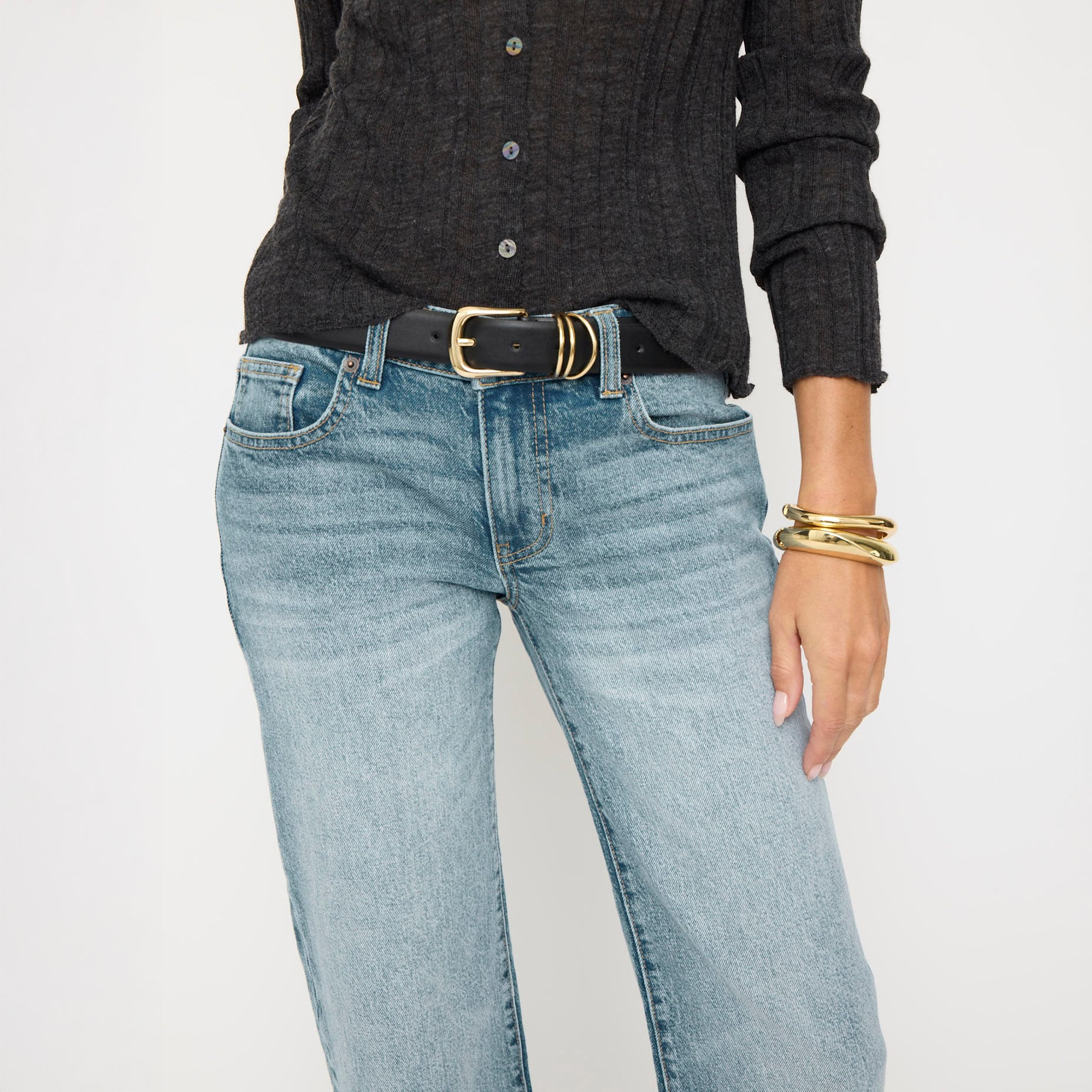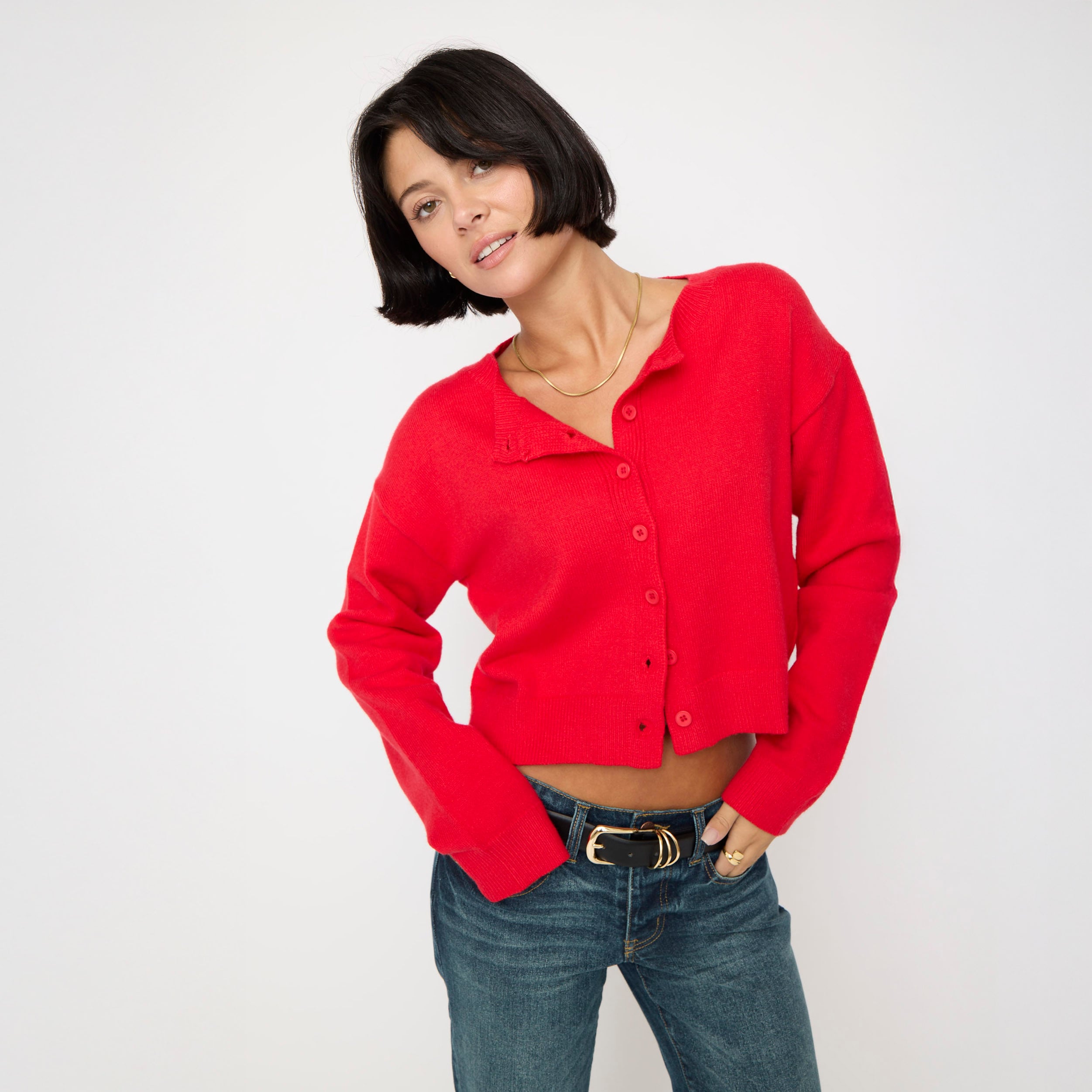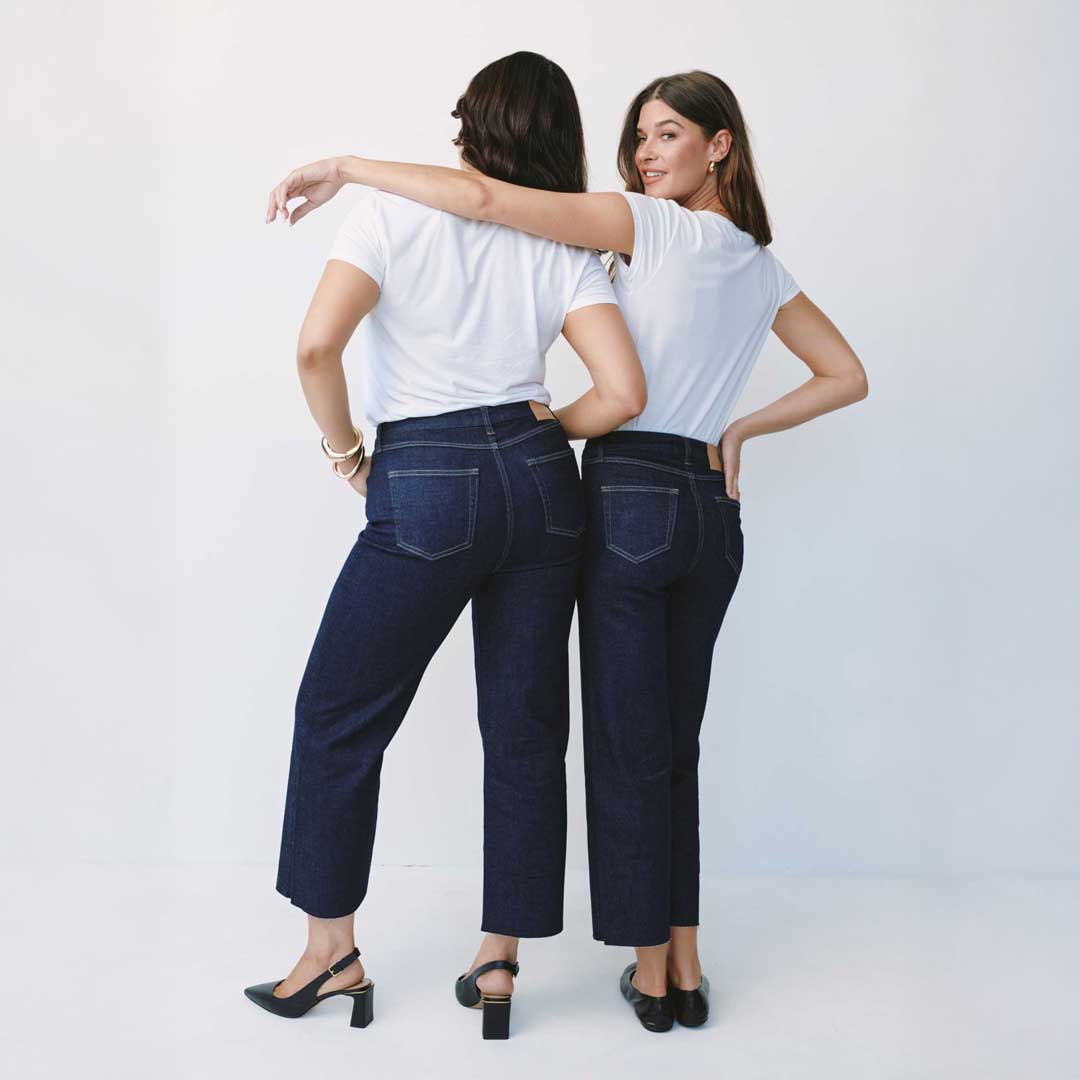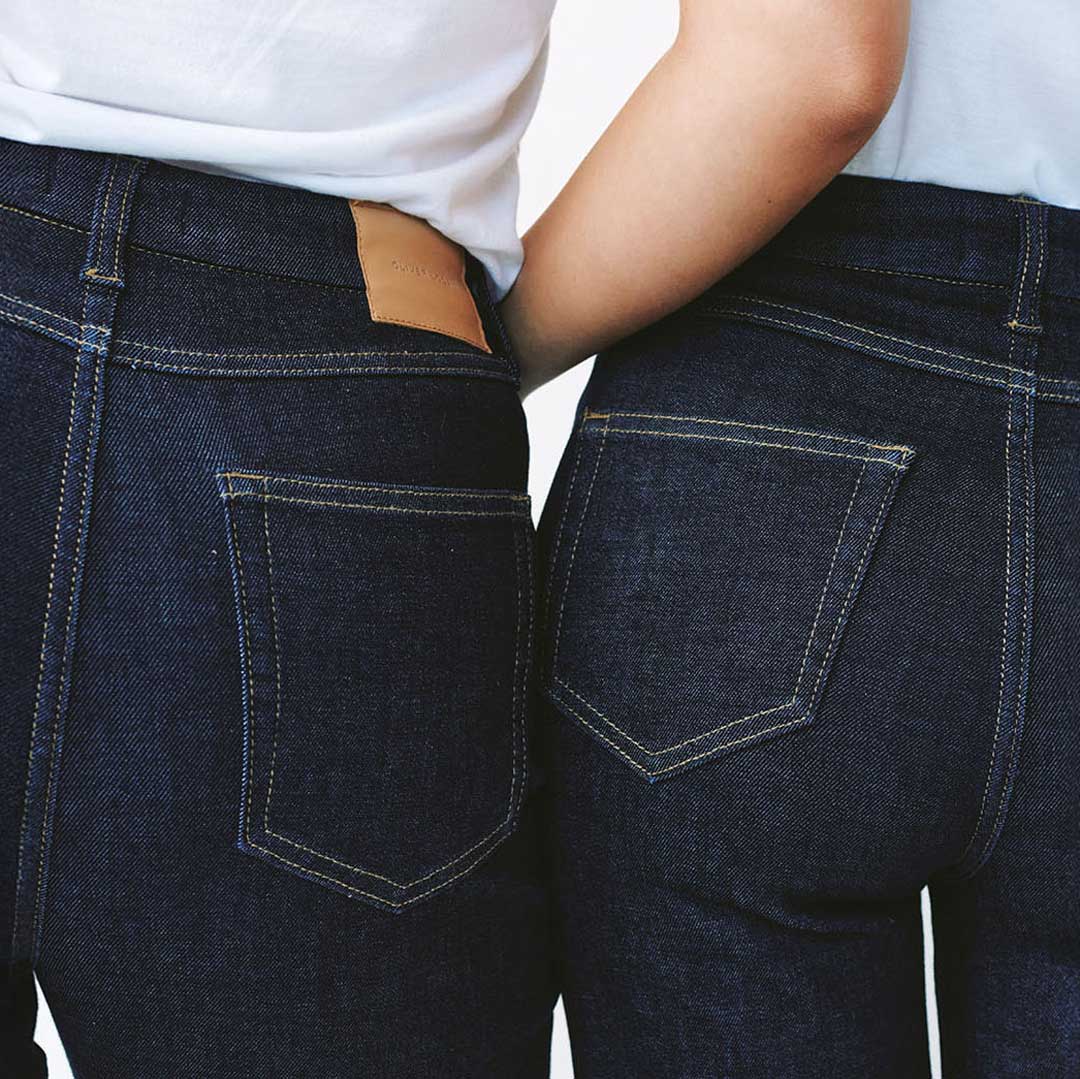Sustainable Influencers Highlight: Elisabeth Joy
In the mid-2000s, a unique fashion movement began to take shape. A generation of young individuals, including Elisabeth Joy, embraced second-hand shopping, forging their distinctive style paths. This era witnessed the rise of "Grandpa Sweaters" and "Grandma Skirts," where tweens hunted for vintage denim at Goodwill, transforming them into '90s-style shorts for the following summer. As fast fashion's environmental impact loomed large, the shift towards recycled fashion became increasingly crucial.
Elisabeth Joy, founder of Luxe & Loam, resides in Galveston, TX, where she operates her business. Luxe & Loam specializes in discovering unique vintage clothing, restoring it, and making it available through local farmers' markets and pop-up shops. Thrifting, however, is no easy task. It takes an astute eye to recognize the potential in what might initially appear to be a dusty, overlooked piece. So, where did Elisabeth's drive for this treasure hunt originate?
"My mom always emphasized the importance of using what we had and avoiding unnecessary purchases. She instilled in me the value of quality over quantity. I've had an eye for pretty things from a young age, which naturally drew me to seek out stylish clothes and vintage furniture in second-hand shops."
Elisabeth's thrifting journey extends beyond clothing. Nowadays, you can often find her exploring her two favorite local thrift shops in search of unique fabrics and furniture. Frequently, she discovers one-of-a-kind fabrics that she can clean, treat, and transform into vintage curtains, coats, jackets, or even pillowcases. This unique talent, however, didn't develop overnight. Elisabeth initially ventured into thrifting during high school out of necessity. She had just landed her first job, but, like many cash-strapped teenagers, she lacked the funds to dress the part. She started scouring local thrift shops for workwear basics such as slacks, blazers, and tees that could help her maintain a professional appearance without breaking the bank.
"I actually kept my thrifting a secret back then. I was a bit embarrassed. Growing up in Texas, the whole 'thrifting trend' hadn't quite taken off yet, and I didn't want anyone to know I was wearing 'old clothes.' Plus, it wasn't really about 'fashion' for me at that time. I simply needed to look presentable at my first real job."
Many of us love the idea of shopping second-hand, but the reality can sometimes hit us as we step into stores and encounter that unmistakable smell. Yeah, you know the one. Elisabeth has some unconventional tips for caring for vintage finds, especially those that aren't easily machine-washable.
"I know it might sound strange, but if you come across a vintage wool item while thrifting, you can sanitize it and eliminate any unwanted musty odors by placing it in the oven at 200-250 degrees. As for cotton items, high-temperature drying can also help kill bacteria. If you're struggling with persistent odors, consider leaving the piece out in the sun for a few days, but remember to bring it in at night. However, some pieces may require professional dry cleaning, so be sure to check the care tag if it's still attached. One of my favorite tricks is something I call 'dry shampooing,' where I mix warm water and detergent in a spray bottle, spritz the piece, and let it sit in the sun. It's a quick and effective way to freshen up vintage finds."
Fabric quality is paramount when thrifting, and knowing what you're looking for is essential during your treasure hunt. I asked Elisabeth about the types of fabrics she prioritizes.
"Silk, cashmere, linen, wool, and 100% cotton are excellent choices if they're in good condition. However, some items may be harder to repair, like a hole in a cashmere sweater, so if I can't fix it, I leave it for someone else who might have the skills."
Elisabeth also stressed the importance of recognizing quality beyond just the vintage label.
"The 1980s saw the rise of fast fashion in the United States, and sometimes, I stumble upon items that 'look' cool and retro but are of poor quality. You can often tell because they're made of cheap materials like polyester. With items like that, I don't bother because I know they'll fall apart after a wash or two."
As her sewing skills have evolved, Elisabeth has ventured into sourcing high-potential fabrics and furniture. She has developed an eye for quality and takes great satisfaction in finding discarded furniture pieces.
"People often discard items without realizing their value. I've discovered some of my cherished furniture pieces in thrift stores, and it feels great to know that these once-overlooked treasures have found a new home where they are appreciated."
Elisabeth's commitment to slow fashion isn't just a personal passion; it's also her business. She offers one-on-one consultations to clients nationwide, helping them reimagine their wardrobes without the need for new purchases. Many of us believe that a style reinvention necessitates a complete wardrobe overhaul. However, Elisabeth disagrees. She assists people in identifying their unique styles while reducing their spending on new clothes.
If you're interested in shopping your own closet, reach out to Elisabeth via direct message on Instagram: @elisabethjoy__ for bookings.













Leave a comment